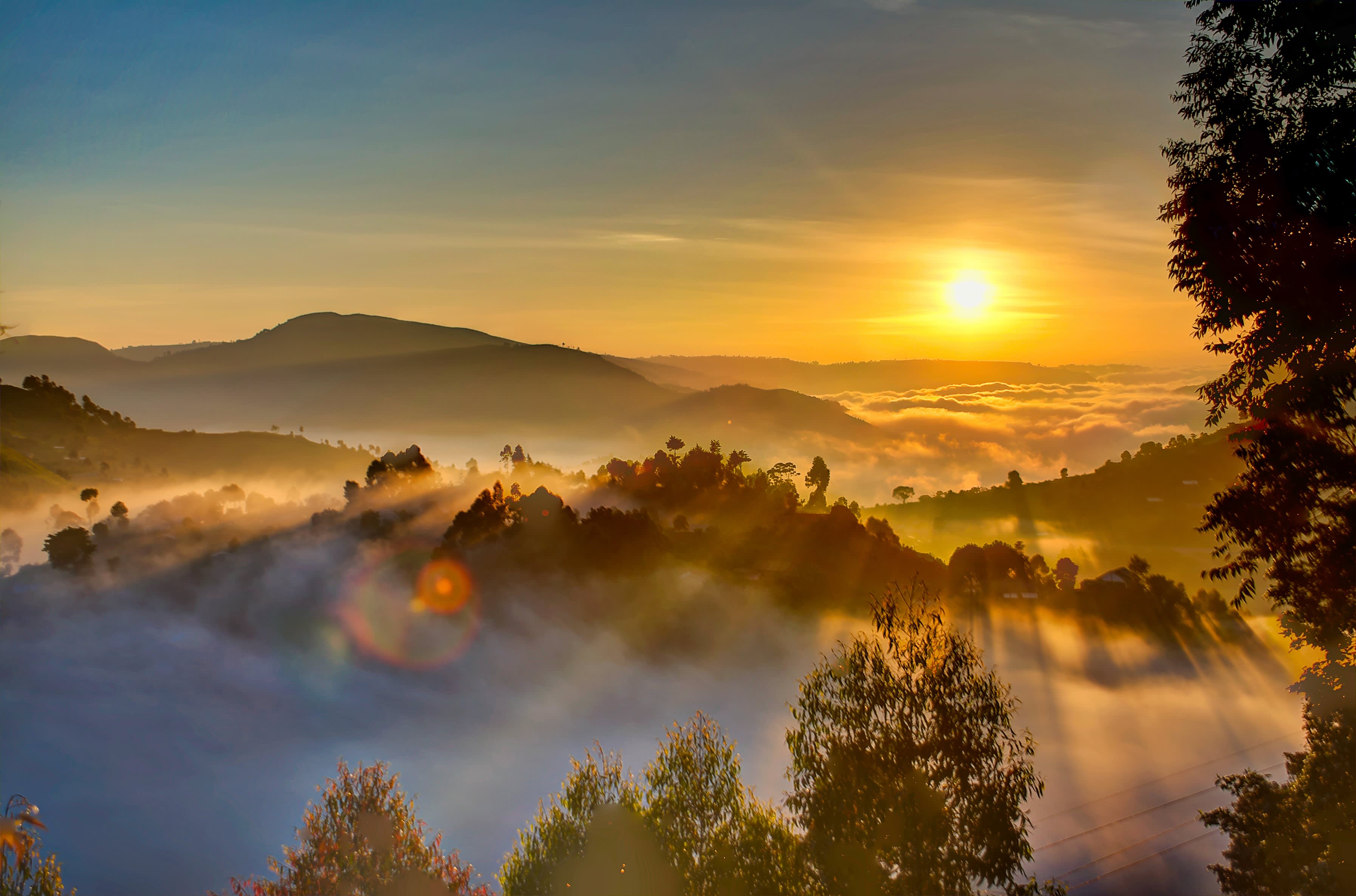A series exploring the politics of water an the Navajo Nation by Taiwanese-American photographer and writer Elliot Ross. Based in rural Southern Utah, Ross’s practice centres on long-form projects that examine how landscapes shape community and culture, the struggle for Indigenous self-determination, and cultural flashpoints in opposing Western American values.. The Navajo Nation is the largest Native reservation in the United States. The Diné (Navajo) do not take water for granted as more than 1 in 3 have to haul water long distances to their rural homes. They are also 67 times more likely to lack running water than the average American according to the non-profit DigDeep.
Eighty miles away, residents of Utah’s Washington County rely on the same water supply yet pay less. The contrast reflects not only inequities of power and access across rural and racial lines; it also carries a warning. With record breaking temperatures becoming the norm around the world, bureaucratic flaws are compounded by tremendous population growth, competing values, and deadlocked disputes. For the first time in over a century, the federal government is drafting a new plan that promises to set the world’s most litigated river system on a sustainable path and include meaningful tribal input. Of course, given the federal government’s history of broken promises, Indigenous communities remain deeply skeptical:
“This project is close to home–living between the two communities in my daily life, I too rely on the same water which I enjoy safely, cheaply and reliably. As an artist and journalist, I feel compelled to expose the inequities my Indigenous neighbors face. To be clear, Washington County isn’t the cause of the Navajo Nation’s thirst. The water gap is an enduring legacy of Manifest Destiny; the infrastructure and legislation that came with it still largely define how water is used. Moving between the two communities, I find residents of Washington County largely unaware of the Diné plight, yet earnest in their dismay. For their part, the Diné express neither surprise at how much water people in Washington County consume nor anger at the benefits that water brings. They just ask for the same opportunity. Leaning against his wooden corral, framed by the iconic pinnacles of Monument Valley, rancher Billie Charlie put it succinctly: ‘We must prioritize humans, not corporations. Prioritize balance.’ If we do this, perhaps the worst of the storm could be avoided.”
Elliot Ross participated in our 2025 Booooooom Art & Photo Book Award and made our shortlist.














